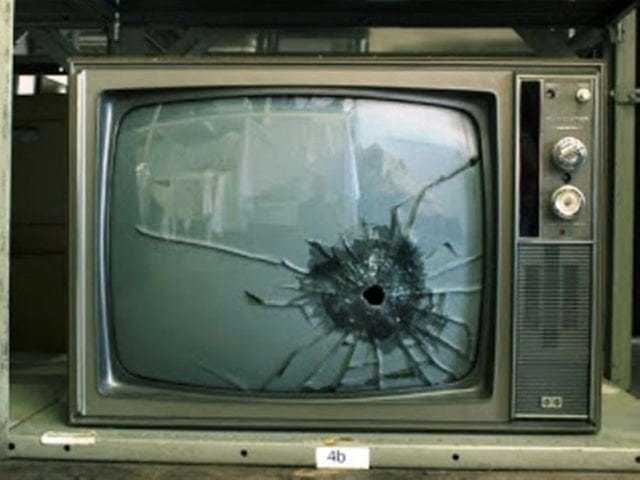Parliament is set today to debate the unprecedented suspension of three Te Pāti Māori MPs for their unprecedented contempt of the House. The public gallery will be closed as a prophylactic measure against further disruption. And yet every MP who rises to speak will do so with the knowledge that what they say may be clipped, shared and consumed on social media before they even sit down.
This is the dominant condition under which Parliament now operates. The video broadcasting of Parliament, once welcomed as a tool of transparency, is now a driver of spectacle. And so whatever may happen in the chamber today, it will happen in front of an audience that isn't in the room.
And it will happen, in part, because of that audience's presence.
When cameras were introduced into Parliament, the promise was greater public engagement. The electorate would be more informed and there would be a renewed appreciation for the work of our democratic institutions. Lol.
What we have instead was the slow transformation of the debating chamber into the stage of contrived viral moments.
What once was an arena for real, if sometimes flawed, deliberation has been steadily eroded by a new set of incentives. MPs no longer rise simply to persuade their colleagues or to discharge their duty to the record. Increasingly, they rise to to stage a moment.
Cameras change the nature of the interaction. Audio preserves content. Video rewards posture. And in a culture saturated by screens, where attention is currency, the temptation to perform has proven too great to resist.
This is not an argument for secrecy but seriousness. Hansard remains the official and authoritative record. Audio recordings should continue and be freely available. What is said in Parliament should never be hidden.
But that does not mean we need to put it on display via a medium that has done so much to disfigure the institution.
The deformation is plain for all with eyes to see. Coordinated walkouts timed for camera. Symbolic stunts calculated for maximum shareability. Outbursts, costume choices, facial gestures. All carefully choreographed not for their relevance to the debate, but for their potential to become content and create outrage.
We would have less of this with audio alone. We would still hear the words. Still follow the argument. Still judge the tone and content. But we would not be distracted by theatrical expression or baited by visual indignation. The public would have all the tools to judge their representatives, but the representatives would have fewer reasons to showboat.
Cameras change the dynamic. They invite misrepresentation and performance. They ensure debate is more staged than heard.
Parliament is meant to be a serious forum. It is where the people's sovereignty is exercised through reasoned speech and collective decision-making. It is where ideas must be weighed, not waved like a bloody red shirt.
And it is where those who breach the rules are meant to face consequences rather than collect likes.
The reaction of many to the current disciplinary proceedings has been to ask whether the suspensions are too harsh. But the more sobering question is why the suspensions are even necessary in the first place. How it is we have come to this pass.
First and foremost, there is personal responsibility on the part of the members in question. But part of the answer lies in a culture that has ceased to treat Parliament as a serious space. It has become a backdrop.
A well-lit place to make a point rather than a place where points are supposed to be tested.
It's time for that to stop. Cameras have outlived their usefulness. If we want to restore the seriousness of our democratic institutions, we must stop encouraging their trivialisation.
That means turning off the video feed. Not shutting out the public. The public still has Hansard, and audio and journalism (what's left of it). But we ought to draw a line against the ongoing coarsening of representative government at what is supposed to be its apex.
The public deserves to hear everything said in the House. But it does not need to see MPs mugging for the lens, or orchestrating disruptions for the news cycle. The work of democracy is often slow, technical and untelegenic. And that's how it should be.
Let them speak. Let the public listen. But let us stop watching.
Parliament is not meant to be a show. It is meant to be a forum. It's time to turn off the cameras and let it be one again.






My "like" carries the proviso that there should always be access to the public gallery and that the spoken word should be fully recorded and published. Then you have to ask "Why allow election debates on television? Why discriminate between the process by which members of the House are selected, and the procedures under which they function once selected?"
Excellent and a fresh insight to a dynamic world fast obliterating parliaments world wide. The business world is zooming and before 2035 so will legislatures